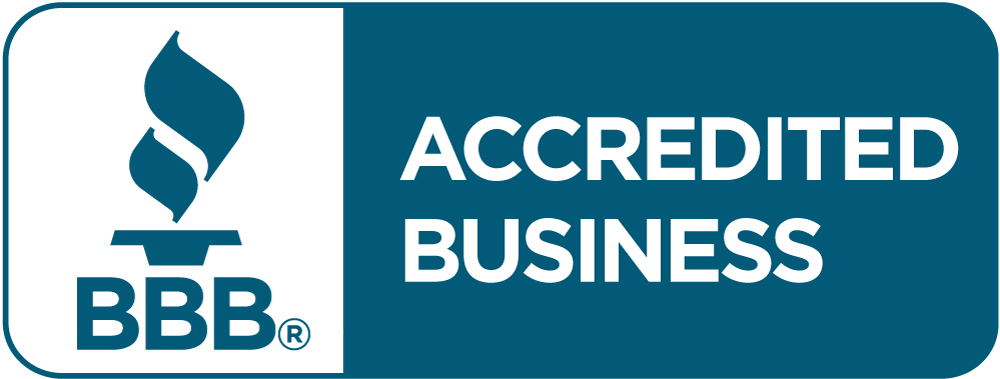Quick Links
ToggleAre you looking for small business funding? You’re probably wondering how much funding your business might qualify for.
To figure out how much your business loan might be, you’ll need to understand the different types of lenders and what factors play a role in your loan amount. Keep reading to find out the average loan amount by lender and how lenders decide how much funding to offer small businesses.
Average Small Business Loan Amount by Lender Type
One of the first things you may notice when looking for business funding is that not all lenders are the same. The type of lender you work with can make a big difference in the amount of your loan. Let’s take a closer look at the most common types of lenders and the average business loan for each, based on the most recent data from the Federal Reserve.
Large National Banks
If you’re looking for the largest loan amount available, you’ll need to work with a large national bank. These big banks give businesses the highest loan amounts, with an average loan amount of $593,000.
While big banks deal in big loans, it’s important to remember they also usually deal with big businesses. The average loan amount of $593,000 includes all loans — not just loans to small businesses. Many small businesses have trouble getting approved for a loan from a large bank due to strict lending requirements.
Small Domestic Banks
Unlike big banks, small domestic banks — such as regional banks and credit unions — offer much smaller loans on average. The average loan amount for a small domestic bank is $146,000, much lower than the average amount from a large bank. Smaller banks typically have less money to lend to businesses, so loans tend to be smaller.
A smaller bank — and smaller loan — doesn’t mean requirements are just as strict as large banks, however. Small businesses often still need to meet rigid requirements to get approved for small bank loans.
SBA Loans
SBA loans are small business loans backed by the Small Business Administration (SBA). That means the SBA will guarantee a portion of your loan. While the SBA doesn’t offer loans directly — you still have to work with an SBA-approved lender — the loan guarantee can reduce the risk for the lender.
The average amount of SBA loans is $107,00 for all lenders (both large and small domestic banks). Large domestic bank SBA loans averaged $59,000, while small banks offered an average SBA loan amount of $165,000.
Direct Lenders
A direct lender is a financial institution that offers business loans directly to small businesses — no loan broker or middleman needed. The benefit of direct lenders is the ability to offer more flexibility in business funding. Unlike other types of lenders, which typically have strict requirements for funding, direct lenders can tailor loans to fit the needs of a small business.
It’s difficult to determine the average amount of small business loans from direct lenders. If you’re looking for a small business loan and want flexible loan options customized to your business, a direct lender could be your best choice.
What Factors Affect Your Business Loan Amount?
The type of lender you work with isn’t the only factor in determining your loan amount. Each lender will consider a variety of factors that could change how much you qualify for, such as:
- Collateral: Many lenders require a business owner to supply collateral to secure a loan. Collateral is tangible property or cash that’s used to secure your loan. If you cannot pay back the loan, your lender can use the collateral to recoup the money you borrowed. Direct lenders like Zinch often don’t require collateral, meaning you can get a loan without putting your property on the line.
- Time in Business: A lender will look at how long you’ve been in business when deciding on a loan amount. Lenders like big banks often want to know a business is established and may require you to be in business for several years to be approved.
- Credit Score: Your credit score is one of the biggest factors to securing a small business loan from most lenders. Lenders like Zinch make loan decisions based on revenue — not credit scores — which makes it easier for business owners with bad credit to get funding.
What’s a Healthy Amount of Debt for a Small Business?
Every small business has different levels of acceptable debt. Generally, you can use two factors to determine if your business has a healthy amount of debt:
- Cash Flow: Businesses need cash flow to continue paying for inventory, employees, and debt. A business with a strong cash flow may be able to take on more debt because it has the cash available to make loan payments.
- Debt-to-Income Ratio (DTI): Your business’ DTI is the amount of debt you owe compared to your monthly gross income. A lower DTI may indicate you can take on more debt without overwhelming your business.
Finding the Right Loan Amount
Not sure how much of a small business loan you might qualify for? As a direct lender, Zinch works with small business owners like yourself to find financing solutions that fit your business — not the other way around.
Contact us at (714) 500-6622 to learn more about your options. You could qualify for up to $250,000 in just 24 hours.









